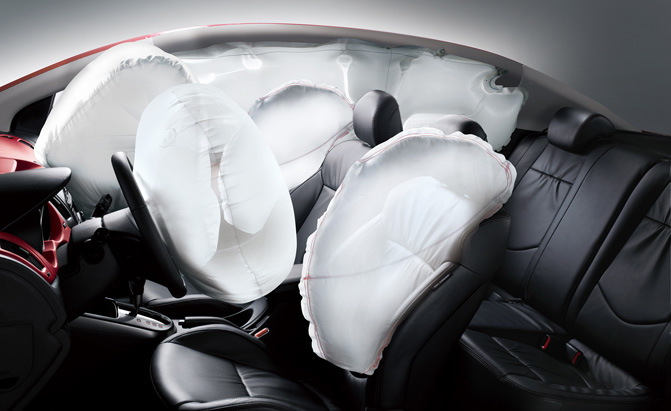
Whoever purchases a product or service from a company is the company’s customer. Whether the customer lives in the country of the company’s foundation or in a foreign country, every customer paid for the product and deserves to be treated accordingly. However, for the companies that rely on statistics and only care about their profit, the story is quite different. One such company that discriminates in the Korean market is the Japanese gaming company, Nintendo.
Nintendo is a worldwide electronics and video game company founded on Sept. 23, 1989. Nintendo sells gaming consoles such as the Nintendo 3DS, Wii U, Nintendo Switch, and various others. But it also provides a service called e-shop where customers can directly purchase games on their consoles. One of the biggest biases against Korean customers is the e-shop. With different regions available for e-shop customers —America, Japan, and European e-shops—a Korean server was no where to be found until one year ago. Previously, Korean customers had to use the Japanese or American e-shop to purchase games. On April 3, 2018, Nintendo Korea ‘partially’ opened an e-shop Korean server. What Nintendo meant by ‘partial’ is that the e-shop is not located where Korean customers can look through all the available games and directly purchase and download a game, but rather the e-shop is a downloading service where the customer, who has already purchased a game from the Nintendo Korea homepage, enters the download serial number and then downloads the game, lacking the features of ‘shop’ from the word ‘e-shop’. However, Nintendo users in Korea were not surprised with the limited e-shop service.
With continued discrimination in the Korean market, Korean customers stopped expecting anything worthwhile out of Nintendo. One of the prejudices that has persisted for decades is the language. Most of the games or services in Nintendo are either in English or Japanese. Although English is considered to be the universal language, it is undeniable that English is a huge obstacle that hinders English-second language customers’ accessibilities to the games. Let’s say someone wants to play a story game, which is hugely text-based. If players fail to understand the text, they end up playing a story game without its story element and quickly lose interest. The inequalities mentioned above and many more are clearly not the treatment that Korean customers, who paid the same, or more, deserve.
However, Korean customers were even more enraged when one of the most influential Korean companies, Hyundai, sited a distinction between domestic cars and exported cars. Since 2008, Hyundai has been installing six airbags in its US-exported cars as a default and on its advertisement, Hyundai asked, “if a car’s safety features are an option, are our lives an option”? However, it is absurd to see Hyundai leaving safety features as an option in the Korean market. Using an NF Sonata, which was sold at a price of 15,000 USD, as an example, getting six airbags in Korea requires an extra 26 options that can cost an additional 6,000 USD. But not only is the number of airbags a problem, but the quality is a considerable discrimination as well. When the National Highway Traffic Safety Administration (NHTSA) ordered a broadscale recall against the Grandeur TG, the domestic cars were not part of the recall target even though they were the same type of car. The reason is that the ground for the recall was the airbag defect, but the domestic Grandeur and the exported Grandeur contain different types of airbags; while the exported ones have the advanced airbags, the domestic ones have the depowered airbags. While the advanced airbag is considered to be the most advanced (as the name suggests) airbag in the market with technology that allows for a differentiated expansive force and a time dependent on the collision strength and the passenger’s position, the depowered airbags only possess the feature of protecting children by reducing their expansive force by 20 to 30 percent. There is also statistical evidence proving the existence of Hyundai’s reverse discrimination. The exported Hyundai Verna received a safety rating of one for frontal collision while the domestic car received a rating of four.
There are a host of other discriminatory practices by both domestic and foreign companies in Korea. Although the Korean market size is significantly smaller than other nations, companies should refrain from looking at their customers through a profit graph and treat them the way they deserve.


